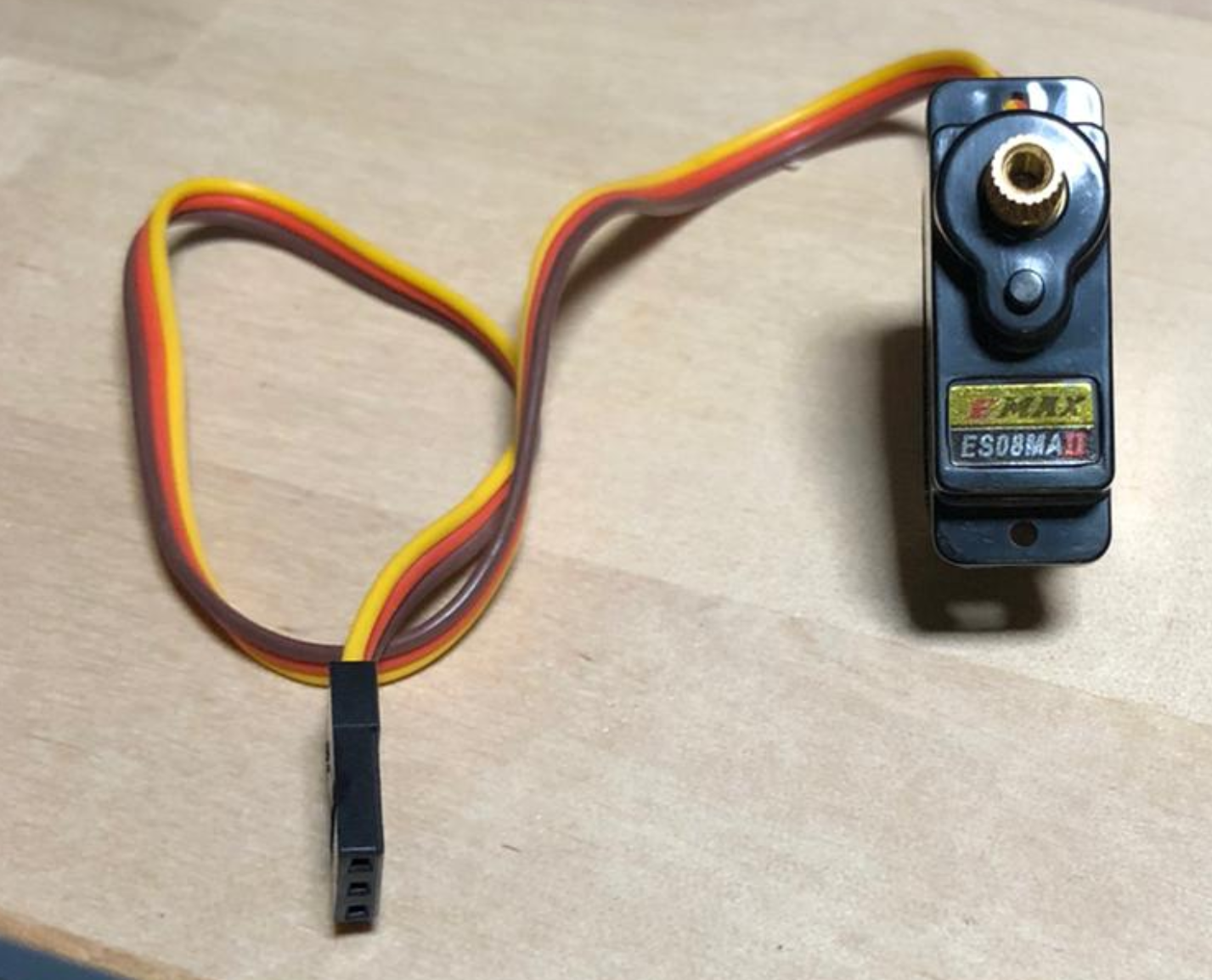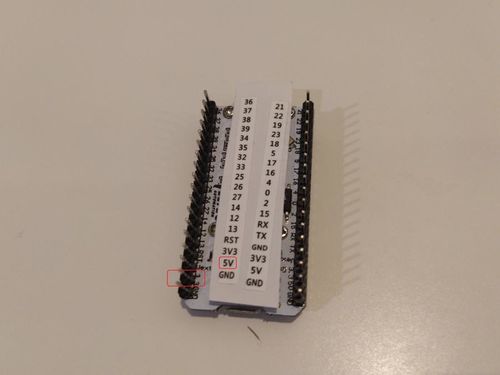Known Issues
In our work and during the course a number of issues have come up ... and for some of them, there are also solutions.
PWM Output (for Servos)
Re-execution (basically executing a script more than once, without rebooting in between) may not work. PWM output will not switch off.
the workaround is to always deinit the PWM before using it, e.g.
servoPin = Pin(26, Pin.OUT)
pwm = PWM(servoPin, freq=50)
pwm.deinit()
pwm = PWM(servoPin, freq=50)Servos
Servos and Power
Servos and motors are power-hungry and many of them will also require a higher voltage. A sign of the servo not having enough power is, that it does not move smoothly or that it only jitters.
Servos have in general 3 connections: GND, VCC/+, and PWM (the control pin).
A typical way to connect it is to connect PWM to the ESP32/ESP8266 (and to a PWM output pin). The GND is also connected to the ESP. VCC/+ is connected to the power supply, in the most simple case the 5V Pin of the ESP32/ESP3266 - this is connected to the 5V of the USB Port (and limited to 500mA with a fuse).
If you need more power you can use an external power supply, here it is important to connect 0V/-/GND to GND of the ESP and the VCC/+ of the supply to the VCC/+ of the servo.
Black Servo ES08MA II
The power (current and voltage) of many USB Ports connected to the ESP32/ESP8266 is not enough for the Servo ES08MA. It many cases it will not work.
Workaround: use the servo SG90.
ESP32 lableing
It seems there is a false marking on the additional labels that come in the box. On the left side the additional label says 5V - but the associated pin is actually 3.3V
RGB LEDs
There are two types of RGB LEDs.
There is the standard RGB LEDs (this is included in the LMUBox) - which is basically only 3 LEDs in parallel in one housing, see: https://www.sketching-with-hardware.org/wiki/RGB_LED
There are also "intelligent" RGB LEDs and the are controlled like the NeoPixel Ring (or the WS2812 chip): https://www.sketching-with-hardware.org/wiki/LED_Ring_NeoPixel

